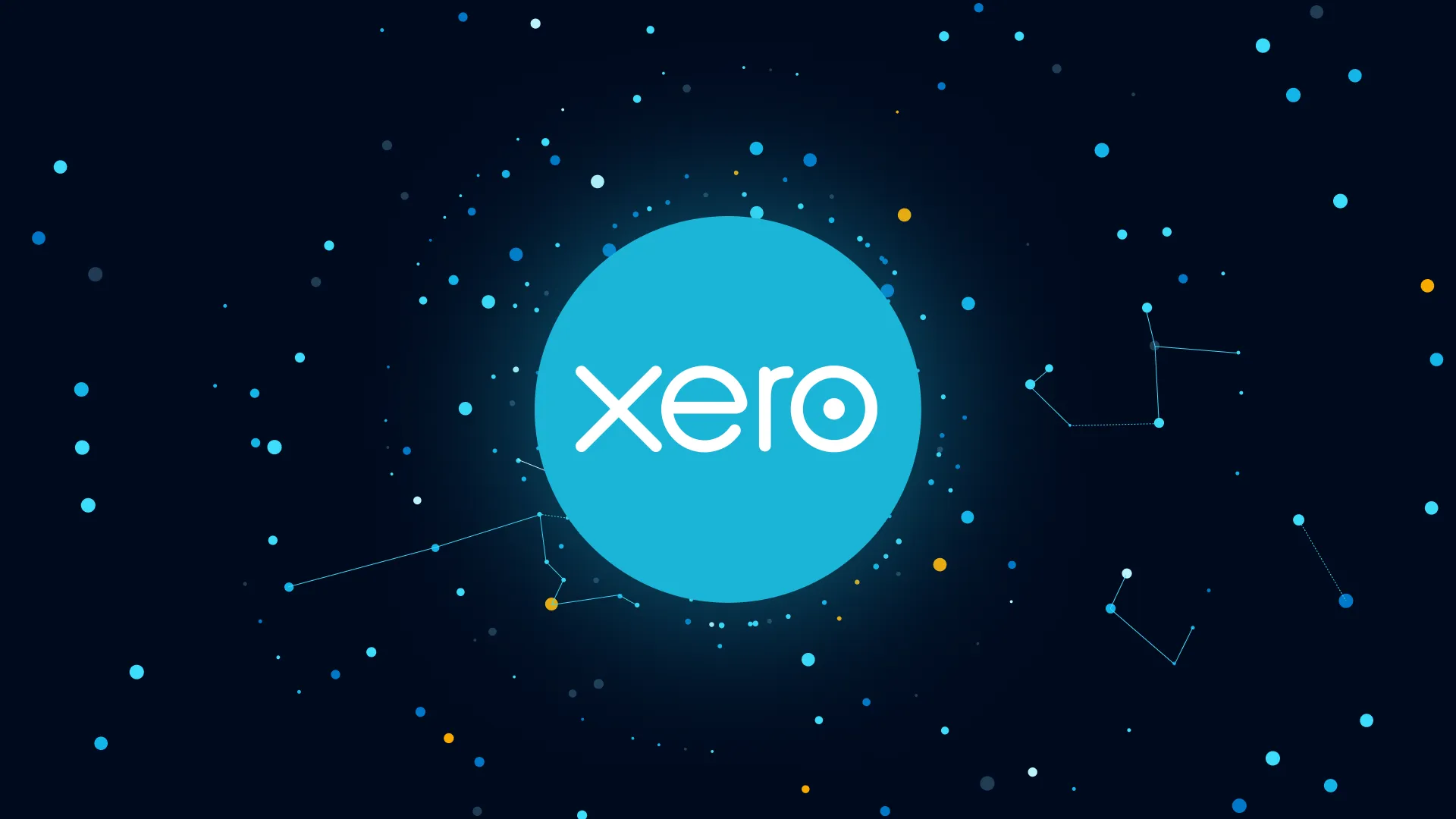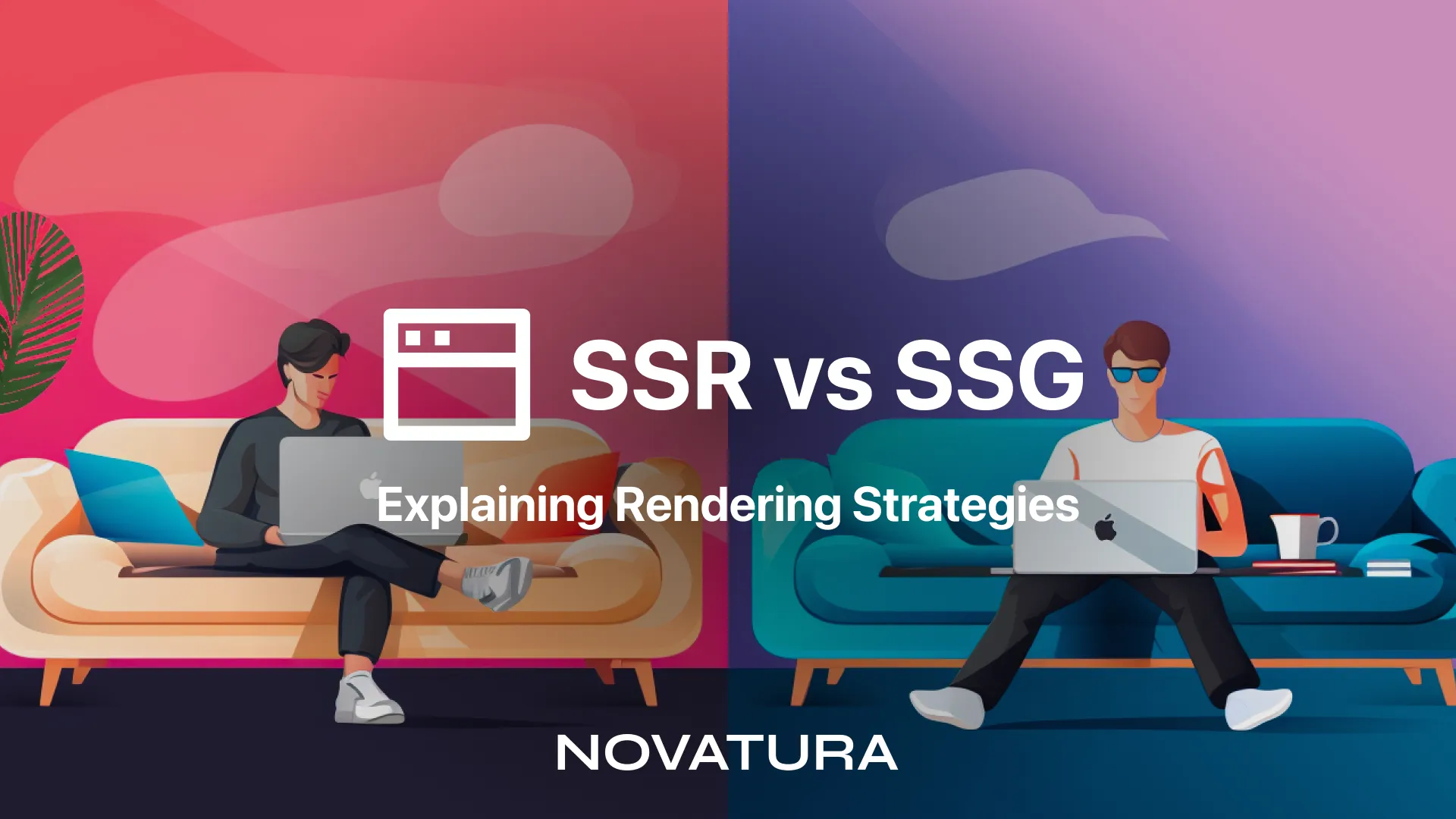What is OAuth?
OAuth (or more specifically, OAuth2) is just the technical term for a process you’ve probably used hundreds of times: social media login. Strictly speaking, it’s a protocol of “access delegation” - designed to allow third-parties to make requests to a server on behalf of a user. For example, when you log into a website using Facebook, you’re granting that website the permission to contact Facebook and request your profile information. This is a powerful concept, and comes with several benefits that we’ll explore in this article.
The benefits of OAuth
Increased Security
One of the biggest, and not immediately obvious, benefits of using social media logins is removing your responsibility for storing user’s passwords. By using OAuth, your users are protected against:
- Brute-force attacks: without a password, there’s nothing for an attacker to guess!
- Phishing attacks: the target for a phishing attack is usually a password, but with OAuth, it’s a social media provider. These companies have huge security teams, and are much less likely to be compromised.
- Password reuse: if a user reuses a password, and it’s compromised, it’s compromised everywhere. By using OAuth, you’re not responsible for storing passwords, so you’re not responsible for the consequences of a password breach.
Convenience
The obvious benefit of OAuth is user convenience - it’s much easier to click a “Login with Google” button than it is to fill out a form, remember yet another password, verify an email, etc. By reducing the friction of signing up, you’re more likely to get users to sign up - OAuth is a great way to boost conversions.
Access to data
Finally, and most powerfully, OAuth gives you access to a wealth of data and services offered by different social media providers. For example, by having a user sign in with Facebook, you can automatically fill out their name, email, profile picture, etc. Going beyond this, however, by having a user sign in with their work Microsoft account, you can access not just their profile information, but their calendar, email and more - opening up a world of possibilities for custom integration and automation!
Implementing OAuth
OAuth is a complex protocol, and it can be daunting to try and implement it yourself. While there’s many apps and libraries out there to help, it’s still no easy task - especially if you’re trying to add it to an existing codebase. Fortunately, at Novatura, it’s something we specialise in.
Whether a new app, or an existing one, we can help you implement almost any social login provider - here’s just a few:
...and many more
What about other or custom OAuth providers?
If your provider isn’t listed above, or you have your own identity service, don’t worry! Other or custom identity providers all use the same protocol, so we can help you integrate them too. Equally, should you want to implement your own OAuth provider, that’s something Novatura can do too.
Conclusion
In conclusion, OAuth is a powerful protocol that can help you boost your business. By using social media logins, you can increase security, convenience and access to data. If you’re interested in implementing OAuth in your app, or want to know more, contact us today!


